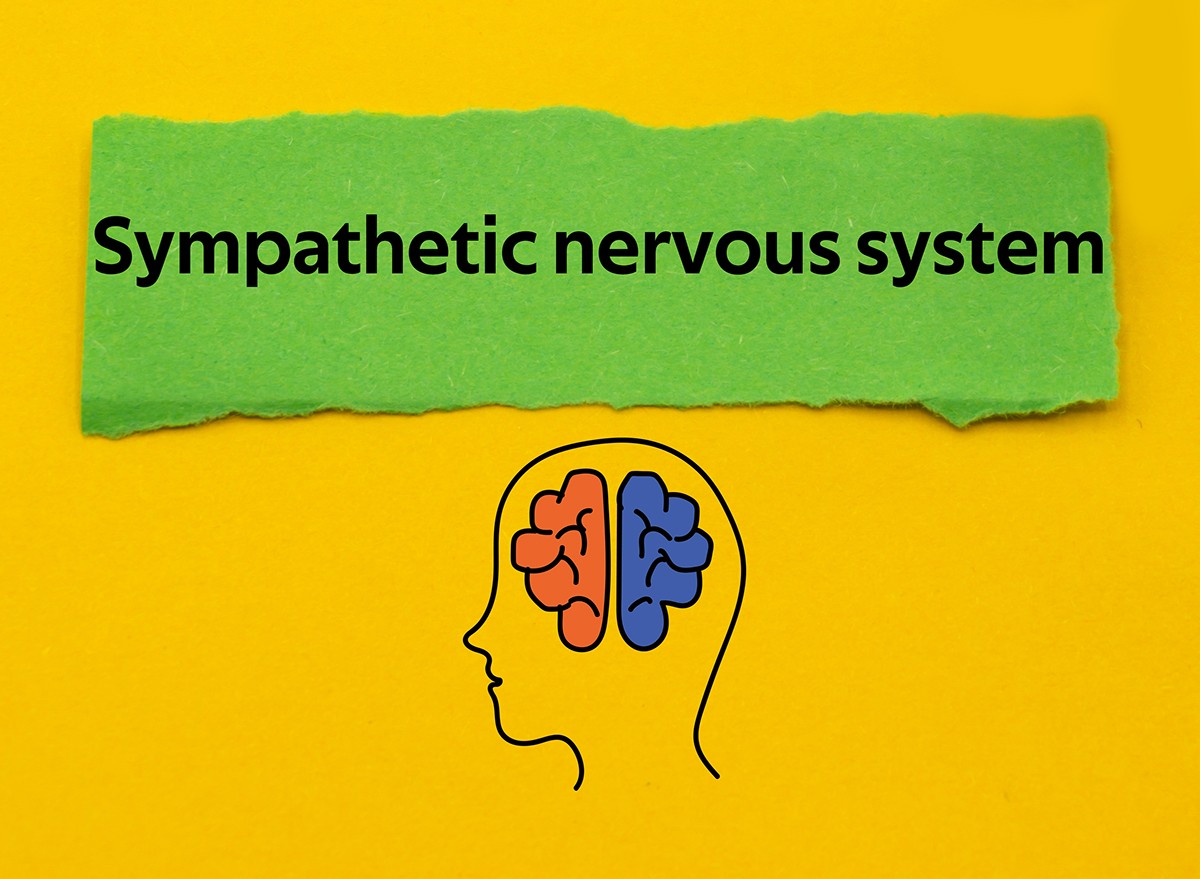Experts Share the No. 1 Breathing Technique to Stay Calm During Stressful Moments

Stressful situations can’t always be avoided—everyday life can be full of triggering factors, big or small. While trying a stress-management technique such as taking a walk or listening to music can help with stress-relief in a general sense, they are not always a practical solution when stress has to be managed immediately. “Elevated levels of stress over a long period of time, however, can cause problems for the body — cardiovascular issues; weight gain; sexual dysfunction and fatigue — as well as the mind — difficulty concentrating; problems with memory; increased feelings of depression and sadness,” says Megan Riehl, Psy.D, via Michigan Medicine. “In a situation where you are confronted with stress and need to stay calm and relaxed, focusing on breathing can be a game changer. Here’s what the experts say.
RELATED: 7 Yoga Poses for Stress Relief.
Slow Down and Breathe

You can do this exercise wherever you are, at your own pace. “Take a few slow, deep breaths,” says Memorial Hermann Health System (MMHS). “Focus on your breathing, not on the issue causing the stress. Some find it helpful to breathe in to a count of three, hold your breath for a count of three, then exhale slowly to a count of three. As you breathe, relax the muscles in your face, jaw, shoulders and stomach.”
More Oxygen

Deep breathing allows more air to enter your body and help keep you calm. “When you’re stressed or anxious, your breathing tends to be irregular and shallow,” clinical neuropsychologist Kristoffer Rhoads tells UW Medicine. “Your chest cavity can only expand and contract so much, which makes it hard to get more air in.”
Sympathetic Nervous System

Your sympathetic nervous system controls the flight-or-fight stress response. Deep breathing helps quiet this response when needed. “It is not possible to turn the sympathetic nervous system off completely, but I think of shifting one’s breathing to a modulated, slow, relaxed pattern of not overly deep inhales and exhales as a way to turn the volume down on it,” Rhoads says.
RELATED: 7 Ways Breathwork Can Improve Your Health.
Breathing and Blood Pressure

Mindful breathing can cause steadying of blood pressure levels. “When you take deep, measured breaths, it triggers a relaxation response,” according to UH Hospitals. “Blood vessels open wider, making it easier for the heart to pump blood.”
Breathing and Endorphins

Deep breathing can encourage the release of endorphins. “Diaphragmatic breathing calms the nervous system and releases tension in the body,” Riehl says. “It also reduces stress hormones in the body. By releasing endorphins, the body relaxes, and you feel more comfortable.”